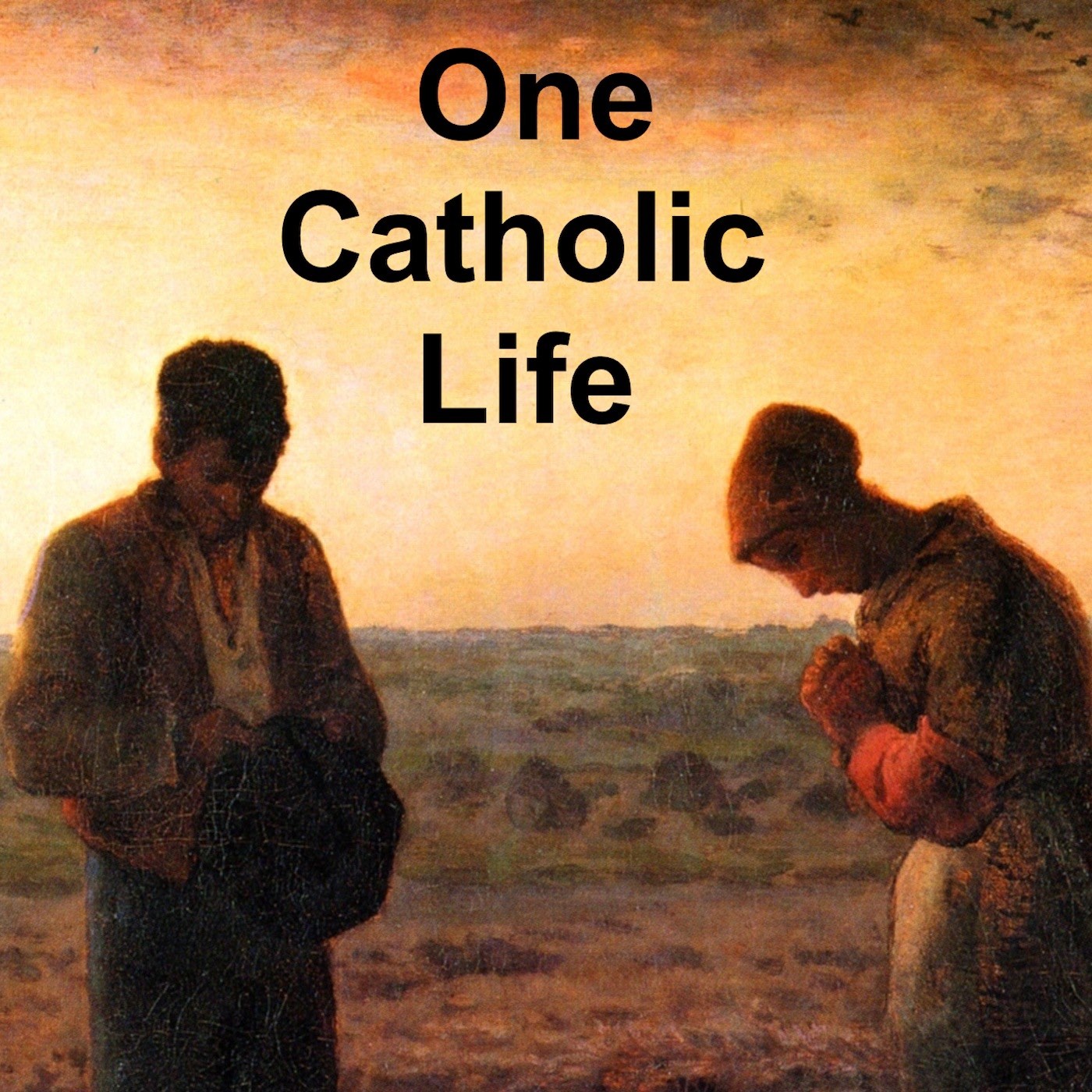No Good Deed – Homily for the 6th Sunday in Easter
Description
There’s a long but important sentence
in the First Letter of Peter that we heard earlier:
“Always be ready to give an explanation
to anyone who asks you for a reason for your hope.”
Of all the words in that long sentence, it’s the last one, hope,
that’s the most important.
Hope is something the world could surely use more of.
But before the First Letter of Peter gets to that long sentence,
there’s a lot that comes before to help us understand what it means.
First of all, it’s is addressed to Christians
who are scattered far beyond Jerusalem.
They’re in Asia Minor, they’re in Galatia, they’re in Bithynia,
they’re all over.
And so they’re living in cultures that don’t understand their beliefs,
that don’t know their moral code.
They’re sojourners, is actually how the letter addresses them.
They are wanderers in foreign lands.
And so this letter to these sojourners
is mean to give them encouragement
to stay true to the faith
even though they are so far from the community in Jerusalem.
It challenges them to continue living morally upright lives.
It tells them to be sympathetic, compassionate,
to have humility, to not return evil for evil or insult for insult.
And after several sections of telling slaves, husbands, and wives
how to do good and how to be good,
just before the passage we read today,
the letter says,
“Now who is going to harm you
if you are enthusiastic for what is good?”
It’s trying to be encouraging, right?
Who would harm you for trying to do good?
Wouldn’t that be nice if that’s the way the world worked?
But we know that life isn’t always like that.
We know there are times that we have tried to do good
and it’s backfired on us,
when we were just trying to do the right thing,
and it didn’t turn out the way we thought it would.
There were times when we told the truth,
and it was used against us,
or when we showed compassion or generosity
and got taken advantage of.
There are many times when doing the right thing has left us alone and hurt.
There’s a phrase for that,
a phrase attributed
to a woman named Clare Boothe Luce.
Clare was a prominent author, politician, and ambassador
in the mid twentieth century and she had quite the wit.
She was married to Henry Luce
the founder of the magazines Time, Fortune, and Sports Illustrated.
Clare converted to Catholicism
after getting grief counseling from Bishop Fulton Sheen
when he was still a priest.
Clare was a prominent, influential woman,
and people often wanted her help.
Her secretary recorded in her memoirs
that when she would try to get Clare engaged in helping people,
in doing good,
Clare would say,
“Never forget,
no good deed goes unpunished.”
Sometimes that’s what it feels like
when we’ve tried to do something good
and it has come back to bite us.
It feels like we are being punished for trying to do the right thing.
So when this First Letter of Peter asks
“Who’s going to harm you if you’re enthusiastic for what is good?”
we might think it a little naive.
But the letter goes on to say,
“Even if you should suffer because of righteousness,
blessed are you.”
Blessed are you,
because what happens when we suffer for righteousness,
More Episodes
We are given very powerful readings today,
powerful individually and powerful collectively.
And at the heart of them all is a line by St. Paul
in his letter to the Romans:
“…be transformed by the renewal of your mind,
that you may discern what is the will of God,
what is good and pleasing...
Published 09/04/23
Published 09/04/23
It’s a sad fact of history
that the largest religious community
that ever lived together in the same place
in the history of the Catholic Church
was at the Dachau concentration camp in Germany during World War II.
Over 2,500 Catholic priests became prisoners in Dachau,
in Cellblock 26,...
Published 02/13/23


